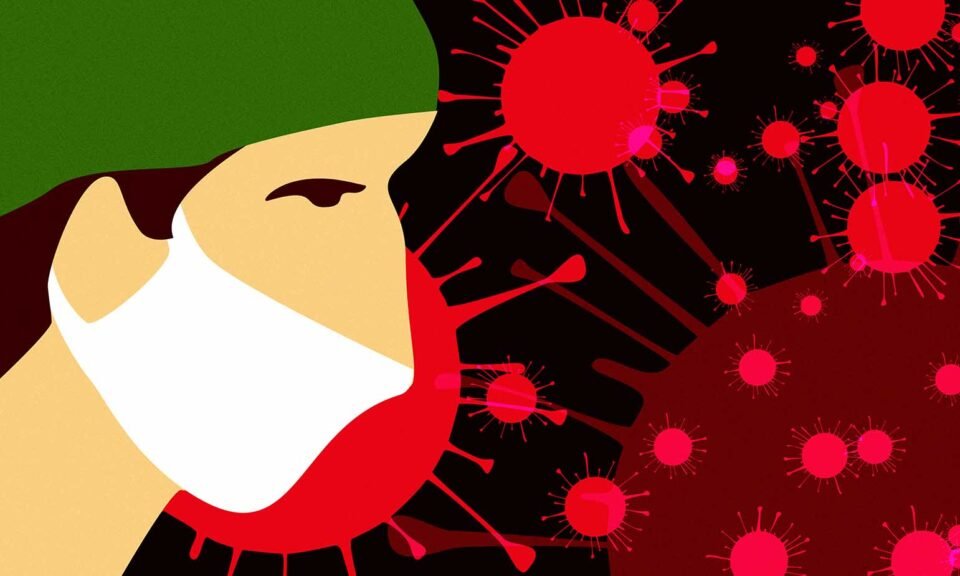PTSD, post-traumatic stress disorder, is a mental health condition that results after experiencing the trauma of any sort. It can cause people to experience nightmares, mental health issues, flashbacks, etc.
Alongside being debilitating, PTSD can have a grave impact on one’s well-being. Therefore, learning how to deal with PTSD is imperative.
Coping with PTSD
Consider hypnotherapy
If you are facing PTSD, getting hypnotherapy in Dubai can be of help. During hypnosis, a person enters a relaxed state. When guided by an expert, people can then enter their traumatic memory to get closure, understand triggers and manage their reaction toward the event.
Hypnotherapy is often effective for those who are not responding well to the conventional treatment options like therapy or medication.
Journaling
Journaling is a helpful way to cope with different mental health challenges, including PTSD. It helps people pen and thus understand their thoughts. Expressive writing, in particular, can be of help.
Join support groups
When the people around you cannot relate to your trauma, it can be very frustrating. Instead of healing, they may even be hurting you in the process.
Support groups, on the other hand, are composite of like-minded people who can relate to your problem. Joining these groups can help you find comradery, get support, and allow you to heal.
Furthermore, support groups led by professionals can help you with troubleshooting whenever the symptoms set in, gain insights and strength from other people’s experiences, and feel less alone in your struggles.
Find ways to self-soothe
Self-soothing refers to the different techniques that you perform on yourself to improve the symptoms of anxiety and PTSD. Knowing these techniques is especially effective since you do not always have access to medication or an expert during an anxiety attack, and therefore, knowing how to curb your symptoms yourself is vital.
Some common self-soothing techniques include warm baths, aromatherapy, massage, exercise, etc.
Understand what works best for you
During an acute attack, finding comfort instantly can be hard. Therefore, keep a track of how your body responds to different coping mechanisms like aromatherapy, massage, deep breathing, etc. You can catalog your responses in your wellness journal. And over time, you can then identify which works best for you, and practice these whenever you have an onset of PTSD symptoms.
Deep breathing
When you are stressed or anxious, your breathing pattern changes. Conversely, changing your breathing pattern can also then improve your mood.
Therefore, when dealing with anxiety brought on by PTSD, practicing deep breathing is effective. There are different ways you can practice breathing exercises, including diaphragmatic breathing, yawn to smile, etc.
Get therapy
When dealing with the trauma of any sort, therapy can be of help in coping with PTSD symptoms and improving your response to it. Multiple types of therapy that are utilized in this endeavor, including cognitive behavioral therapy or CBT (Cognitive Behavioral Therapy), stress inoculation training, prolonged exposure therapy, etc. To find experts who can dispense therapy, visit Fitcy Health and choose from its over 200 professionals who are available at competitive rates.


